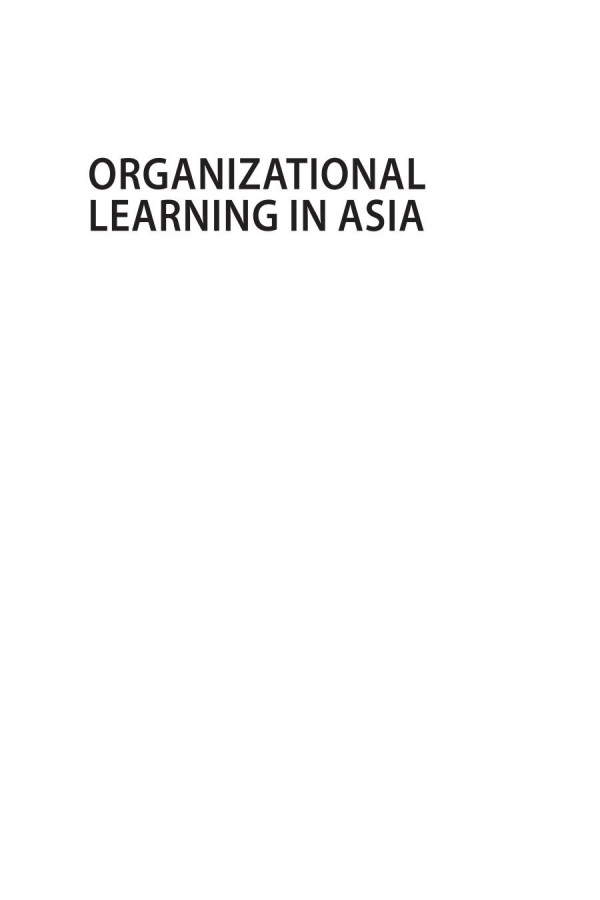

Most ebook files are in PDF format, so you can easily read them using various software such as Foxit Reader or directly on the Google Chrome browser.
Some ebook files are released by publishers in other formats such as .awz, .mobi, .epub, .fb2, etc. You may need to install specific software to read these formats on mobile/PC, such as Calibre.
Please read the tutorial at this link: https://ebookbell.com/faq
We offer FREE conversion to the popular formats you request; however, this may take some time. Therefore, right after payment, please email us, and we will try to provide the service as quickly as possible.
For some exceptional file formats or broken links (if any), please refrain from opening any disputes. Instead, email us first, and we will try to assist within a maximum of 6 hours.
EbookBell Team

0.0
0 reviewsOrganizational Learning in Asia: Issues and Challenges addresses important and pressing questions on organizational learning in Asia in both domestic and foreign firms—those that have been forgotten in the mainstream literature or that remain unasked and unanswered.
Three sets of questions are especially salient. First, how can firms operating in, or from, Asia detect, respect, recognize, and honor different cultural stances on suggestion-giving, knowledge sharing, and standardization while also challenging accepted wisdom, avoiding risks and mistakes, and voicing disagreement?
Second, how can such firms facilitate local experimentation and innovation by providing a common knowledge platform in a non-totalitarian manner? Finally, how can such forums promote ‘reverse’ knowledge transfer from subsidiary to headquarters and across subsidiaries in different nations by avoiding ethnocentricity, cultivating local talent, and building a group of 'communities of practice' across cultural and status boundaries?